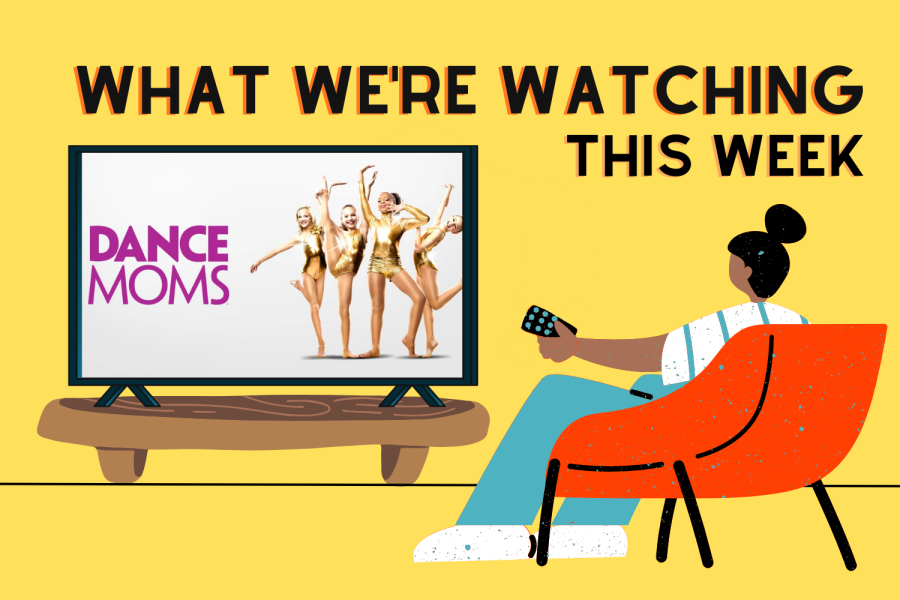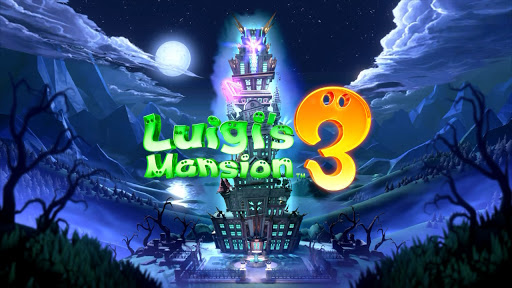My alarm goes off every morning at 7 a.m. Before I reluctantly roll out of bed, the first thing I have to do is play Wordle. I have to admit: I am not a long-time Wordle fanatic who has played since the game’s creation in October 2021, but I am currently a consistent player and boast a twenty-four-day streak.
For those not yet familiar with this sensational vocabulary game, once a day, players get six chances to guess a five-letter word. The game originally appeared on a simple website with no advertisements. While the name “Wordle” itself is not a five-letter word, it is a witty pun for the creator’s name, Josh Wardle (I suggest trying “witty” during your next round of Wordle). In just four months, the game grew from 90 users to millions.
As for gameplay, you start off by guessing any five-letter word. Each letter will light up with a corresponding color: a green brick indicates a correct letter in the correct position, a yellow brick indicates a correct letter in the wrong position and a gray brick indicates the letter is not used in that day’s word. Once the correct word is guessed, all bricks will appear green. Players then have the ability to share their guess distribution on social media via emojis, so as to not spoil the day’s word for other players.
With Wordle comes a variety of strategies. With up to six guesses each day, my personal goal is to guess in as few tries as possible, which takes away the stress of losing my streak. My average guess distribution is 4/6, and I am studying up to one day reach 1/6. I try to nail down vowels and popular consonants like t and r. My first word to use is usually “irate” or “house.” Some students agree with my strategy.
“I start with “audio” to lock down vowels,” sophomore Emily Miller said. “Then I try words with those vowels and the most common consonants and go from there.”
While guessing in as few tries as possible is a popular strategy, some loyal fans disagree. The fun thing about Wordle is that the word resets every day, and the word hardly ever repeats. Therefore, there are nearly endless possibilities for daily guesses, allowing the player to learn a new word every day.
“I choose the first quirky word I can think of,” first-year Camelia Pele said. “I think people who start with “irate” or “adieu” are taking the fun out of it.”
Since its creation, Wordle has been free to all players. However, on Jan. 31, the New York Times (NYT) purchased the hit game for a price “in the low seven figures,” causing many fans to wonder if the game will remain free. Interestingly, the NYT announced that Wordle would remain free to play initially, even though other popular NYT games like the crossword are under their paywall. Games such as the NYT mini crossword and the first few guesses for Spelling Bee are free for those with or without a subscription. With the new acquisition, it is unclear if and when Wordle will fall under the other NYT games’ paywall of $1.25 per week. (Vanderbilt students have access to an NYT subscription, but it does not include NYT games.)
“Even if Wordle goes under the paywall, I’ve found my NYT games subscription worth it for years at this point. I’m an avid word games fan and have been subscribed to the Daily crossword for almost a year and a half now,” first-year Robert Shang said. “Sure, it kind of sucks that we’ll have to start paying for Wordle, but under NYT, I’m sure that they’ll introduce a leaderboard and clean the game up, as well as make it more enjoyable for us.”
Although I am currently a loyal Wordle fan, I cannot justify adding another subscription to my list, especially for something that I have been accessing for free. If the Vanderbilt student subscription one day covers games, I will gladly play Wordle on Vanderbilt’s dime. I will continue to play (and proudly use “irate” every time) until the paywall goes into effect, when I will hang up my Wordle cap.














Sven • Feb 21, 2022 at 5:14 pm CST
If wordle does go behind a paywall, we can keep enjoying the spinoffs. My favorite has been Antiwordle, where you try to avoid guessing the word instead.